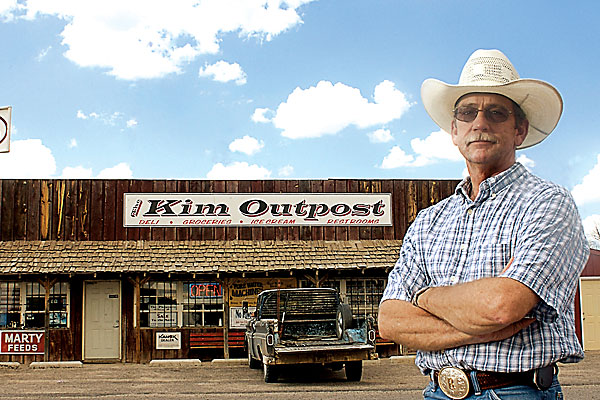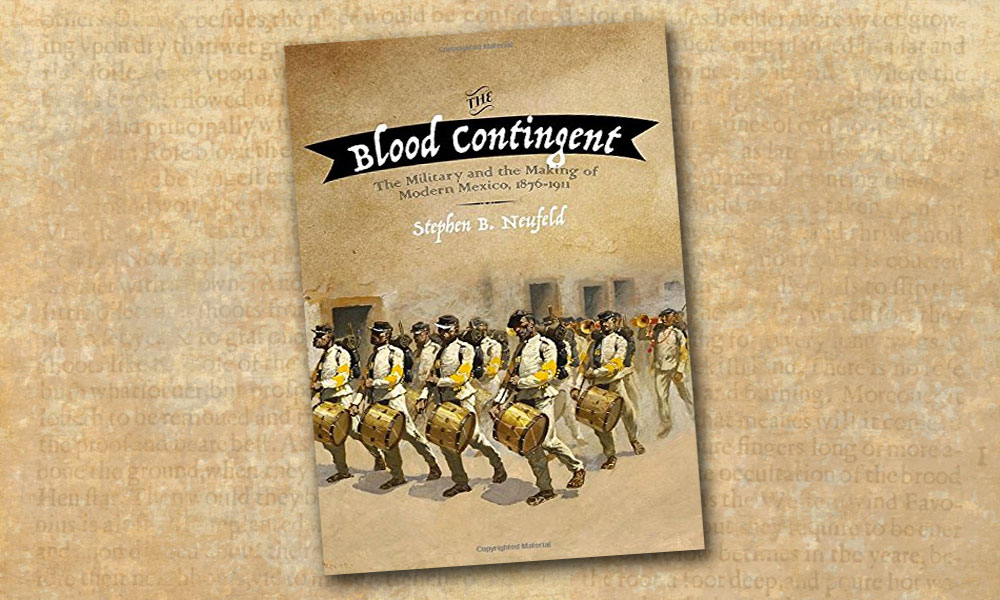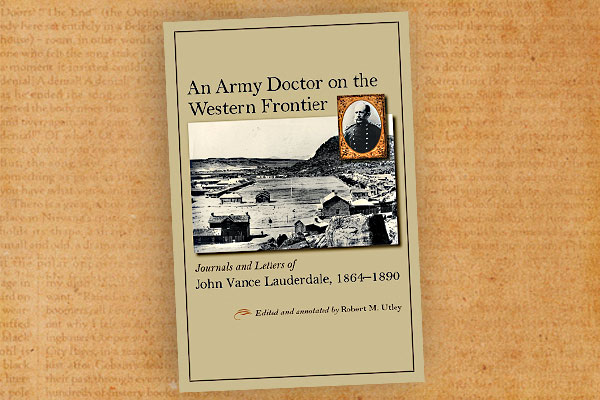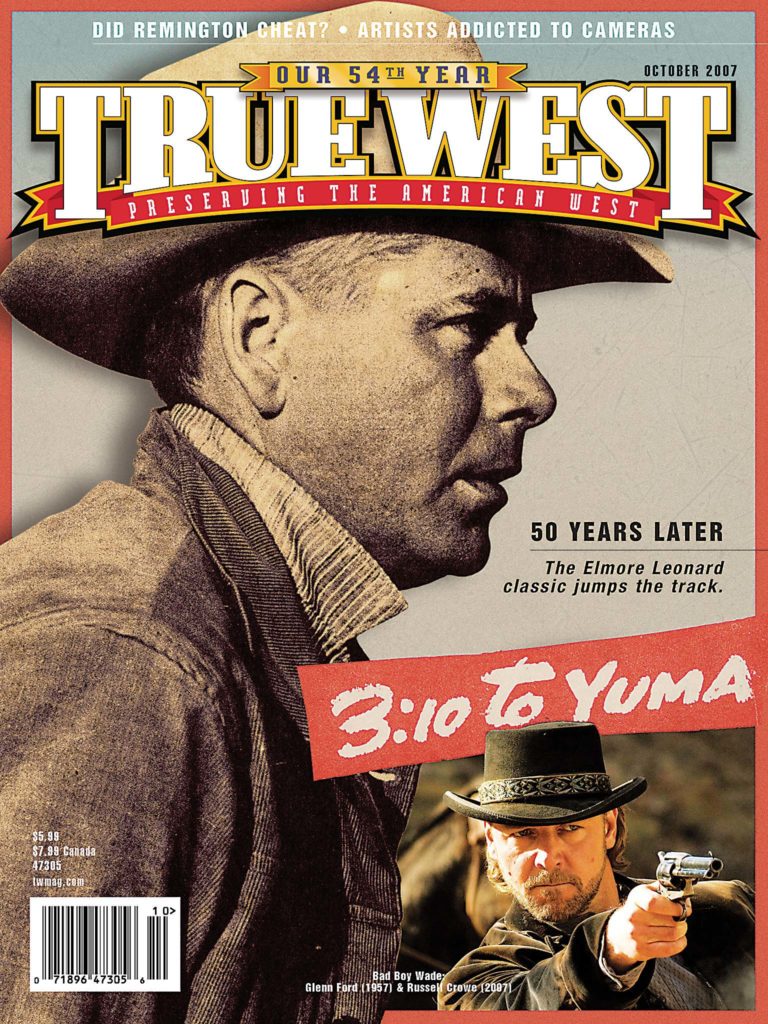 Lon Robertson is a third generation Colorado rancher and patriotic American who never dreamed he’d be fighting the United States Army.
Lon Robertson is a third generation Colorado rancher and patriotic American who never dreamed he’d be fighting the United States Army.
But these days, he’s dedicated to stopping the Army from nearly doubling the size of the Piñon Canyon Maneuver Site. This plan, he says, will threaten agriculture, ranching and the existence of communities relying on the cultivation of that land, located 150 miles southeast of Fort Carson near Colorado Springs, Colorado. It will also destroy history, from Santa Fe Trail monuments to archaeological sites spanning 11,500 years to parts of the Comanche National Grassland, home of the largest known trackway of dinosaur footprints in North America.
Robertson is president of the Piñon Canyon Expansion Opposition Coalition. Posted on his ranch is a sign that can be seen throughout this area these days: “This Land Not For Sale to the Army.”
“It’s so unbelievable at first to think of the realities of what they’re considering,” says Robertson, remembering back to December 2005 when the local paper first hinted at what was ahead.
The very idea of expansion runs contrary to the promises the Army made when it created the site back in 1983—getting its land from ranchers and farmers. The Army declared then it would never need more land here to train American troops. But, as Robertson notes, it also promised to create some 30 jobs and be a local economic boon, but “those promises came up empty.”
Robertson says the public doesn’t know half of what the Army plans to do with Piñon Canyon. A “leaked” Army map published by the Colorado Springs Independent newspaper shows the planned expansion—from the existing 235,000 acres to 418,000 acres—could be just the first in an 18-year plan to take an astonishing 2.5 million acres of Colorado for battlefield training.
The current proposal to expand to 418,000 acres would make Piñon Canyon the Army’s largest training ground in the nation. The acting Army secretary said in July that without this expansion, it would cost millions to send soldiers elsewhere to train.
Robertson says he worries the expansion is more about money for defense contractors than it is for soldiers, since the site hasn’t really been used to train troops for the last six years. “They’re not using what they’ve got, but they want more,” he says. “We’ve heard they want to use this site for high tech weapons and [one official] admitted it is ‘all about the money.’ To us, that means defense contractors.”
He says he and his wife Anita were in denial at first about the expansion. “I liken it to grieving over a death,” he says. “First you deny, then you grieve and think you’re lost, and then the anger mode sets in.” Not until March 2006 did the anger finally set in; ever since, he and his 14-member board have been devoting most of their time to this cause. (In their spare time, the Robertsons care for their 2,500-acre ranch that has been in the family since 1916, and they run a general store in Kim, Colorado.)
The coalition—ranchers, farmers, schoolteachers and community leaders—tries to inform Americans that this isn’t solely a Colorado issue. As its website notes: “We hold firm to the belief that our national security relies as much on our efforts to produce food as it does on a good national defense…. The United States is already dependent on foreign oil, what will happen if we become dependent on foreign countries for our food supplies as well?” (Robertson says the recent crisis of tainted dog food from China underscores the point.)
The coalition’s efforts at a national alert are paying off. This summer, the National Trust for Historic Preservation named Piñon Canyon one of America’s 11 Most Endangered Historic Places.
Other support, Robertson says, includes a majority of the Colorado State Legislature, the Colorado Cattlemen’s Association (the nation’s oldest state cattleman’s group) and the American Land Foundation. Democratic Rep. John Salazar has received approval from the House to strip this year’s federal appropriation bill of money to finance the expansion at Piñon Canyon. At press time, the U.S. Senate had yet to act.
“We’ll keep fighting until the Army disappears over the hill—we expect to be fighting this the rest of our lives,” Robertson says.
Robertson urges people across the nation to visit pinoncanyon.com or to buy a “NOT 4 Sale” t-shirt. The proceeds from these sales help finance the opposition coalition.






